Written by Maranda Cruz, Dietetic Intern, Viterbo University
Updated January 23, 2025
When you think of tomatoes, what first comes to mind? Whether they are a fruit or vegetable, their nutritional value, or their versatility? Tomatoes are the second most consumed vegetable in the United States (2). Tomatoes are used in sauces, soups, casseroles, salads, dips, and pasta dishes. Due to their versatility and conveniency, they are used worldwide. Tomatoes can be processed into diced tomatoes, salsa, tomato sauce, tomato pasta, etc. Processed foods tend to get a bad representation but can improve digestibility, bioavailability of nutrients, and increase food safety (1).
Nutritional Benefits
Tomatoes contain vitamins, minerals, essential amino acids, monounsaturated fatty acids, carotenoids, and phytosterols. Amino acids are the building blocks of protein which are essential because they need to be consumed in the diet. Monounsaturated fatty acids are healthy fats. Carotenoids are forms of Vitamin A. Phytosterols are plant antioxidants that can help lower cholesterol. Nutrients found in tomatoes are known to help prevent chronic diseases such as cancer, cardiovascular disease (CVD), cognitive function, and osteoporosis (1). Tomatoes contain antioxidants that reduce cell damage by oxidative stress. They are also a good source of soluble and insoluble dietary fiber which can improve bowel disorders, cancer, diabetes, CVD, and obesity (1).
Processed tomatoes, such as canned diced tomatoes, contain higher concentrations of vitamin E, potassium, and lycopene than raw tomatoes (2). This is because these are found in the skin of tomatoes which can be hard for humans to digest. Concentrations of vitamin C, folate, and beta carotene are lower in processed tomatoes due to their sensitivity to heat during processing (2). Processed tomato products can be found to have a higher salt content but low or no-salt added options are regularly available.
High-Protein Cheese Dip
By Mason Woodruff of Kinda Healthy Recipes, January 26, 2024
What You Need
lb Lean Ground Turkey, 93/7
8 oz Fat-Free Cream Cheese
1/2 C (113g) Plain Fat-Free Greek Yogurt
15 oz can Pinto Beans, drained and rinsed
10 oz can Rotel®
1 packet Taco Seasoning
What You Do
- In a large skillet, cook the ground turkey over medium-high heat.
- Once the turkey is fully cooked, reduce the heat to a low-medium heat. Add the beans, Rotel, and taco seasoning. Stir well and simmer for 2-3 minutes.
- Add the cream cheese and Greek yogurt and stir until both are fully incorporated. Remove from the heat to cool, briefly.
- Add to a large bowl on a food scale and divide total weight by 10 or your desired number of servings. (Each serving is probably around ½ C or 150g.)

References
- Ali, M. Y., Sina, A. A., Khandker, S. S., Neesa, L., Tanvir, E. M., Kabir, A., Khalil, M. I., & Gan, S. H. (2020). Nutritional composition and bioactive compounds in tomatoes and their impact on human health and disease: A Review. Foods, 10(1), 45. https://doi.org/10.3390/foods1001004
- Wu, X., Yu, L., & Pehrsson, P. R. (2022). Are processed tomato products as nutritious as fresh tomatoes? scoping review on the effects of industrial processing on nutrients and bioactive compounds in tomatoes. Advances in Nutrition, 13(1), 138–151. https://doi.org/10.1093/advances/nmab109


